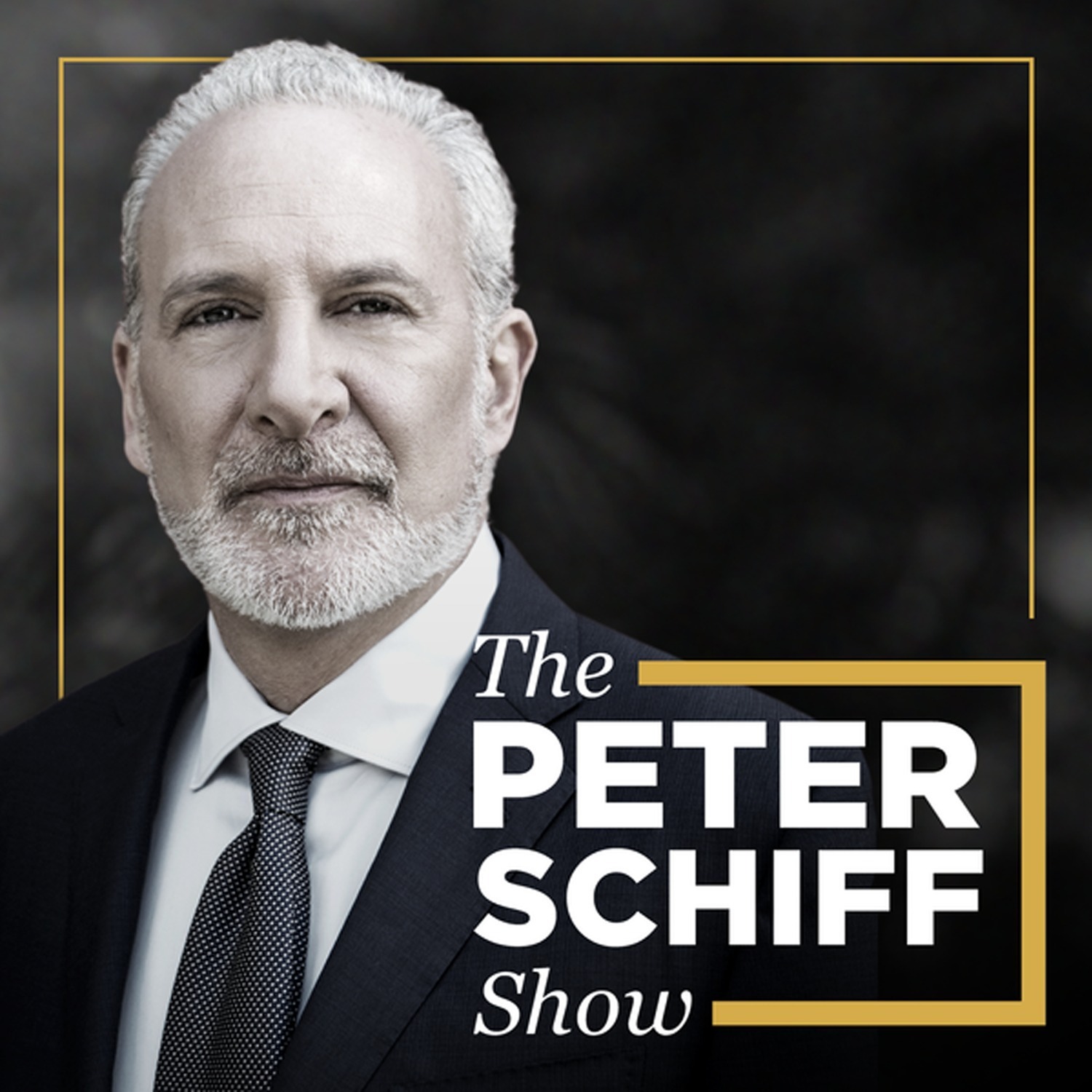Fed Dismisses Weak Data to Posture for Another Rate Hike

b'SchiffReport recorded Saturday, May 6
\\n
\\n \\t* On Wednesday of this week, the Federal Reserve against a rate hike in May
\\n \\t* But based on their official statement, the market assigned a much higher probability
\\n \\t* To a rate hike coming in June
\\n \\t* In fact, following Friday\'s slightly better-than-expected Non-Farm Payroll report, the probability of a June rate hike is not near 100%
\\n \\t* In other words, the markets are certain that a quart-point hike is coming next month
\\n \\t* If the Federal Reserve does raise its rates by a quarter point, that will bring the floor of the official rate finally up to 1%
\\n \\t* The ceiling being 1.25%, so presumably the Fed will target a Fed funds rate somewhere between 1 - 1.25%
\\n \\t* This is still an exceptionally low interest rate indicating extreme monetary accommodation
\\n \\t* Remember, 1% is the absolute low that Alan Greenspan lowered interest rates to in the aftermath of the 2001 recession and the 9/11 terrorist attack
\\n \\t* That artificially low interest rate really provided the air for the housing bubble that resulted in the 2008 Financial Crisis
\\n \\t* So despite these rate hikes, the Fed monetary policy remains extremely accommodative,
\\n \\t* Just not as accommodative as they were before
\\n \\t* If you recall, the main reason I was certain that the Fed was not like to deliver these rate hikes
\\n \\t* Is because I took the Fed at its word that it was data dependent
\\n \\t* And I believed that the Fed would use weak data as an\\xa0 opportunity or an excuse to not raise interest rates
\\n \\t* I was wrong about that, because the Federal Reserve has ignored all of the weakening economic data and has raised rates anyway
\\n \\t* It has raised them very slowly, but nonetheless, it has raised interest rates despite the fact that all the data they claim to depend on would not support that decision
\\n \\t* I thought for 2 reasons the Fed would not want to hike rates
\\n \\t* The first be to delay the onset of the next recession
\\n \\t* After all, raising rates into a weakening economy it would accelerate the onset of that recession
\\n \\t* I thought the Fed would always err on a delay
\\n \\t* But apparently, that is not a concern for the Fed
\\n \\t* One of the reasons this might be the case is because the Fed is concerned about having some ammunition to fight the next recession, rather than to postpone the onset
\\n \\t* Meaning that they want to get interest rates further above zero before the recession officially begins so that once it is here, they have more room to cut rates
\\n \\t* Another reason that the Fed has been more willing to raise rates has to do with the action in the U.S. stock market
\\n \\t* I thought the Fed would be reluctant to raise rates for fear of how higher rates might impact the stock market
\\n \\t* But it seems the stock market has found another prop
\\n \\t* It is no longer relying on cheap money; it now also relying on hope and optimism surrounding the election of Donald Trump
\\n \\t* And the idea that he is somehow going to "Make America Great Again"
\\n \\t* With deregulation, tax cuts and all sorts of economic stimulus
\\n\\nOur Sponsors:\\n* Check out Rosetta Stone and use my code TODAY for a great deal: https://www.rosettastone.com/ \\n\\nPrivacy & Opt-Out: https://redcircle.com/privacy'